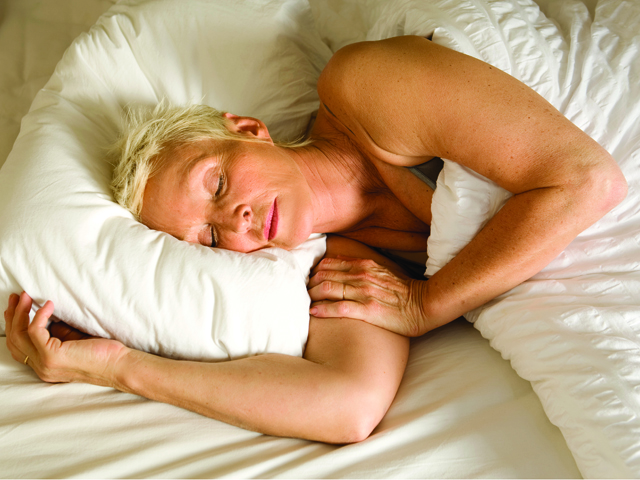In today’s fast-paced world, it’s easy to neglect one of the most fundamental aspects of our well-being: sleep. We often prioritize work, social engagements, and other commitments over a good night’s rest. However, the importance of quality sleep cannot be overstated. Poor sleep can lead to a host of physical and mental health issues, including fatigue, reduced cognitive function, and an increased risk of chronic diseases. The good news is that you can significantly improve your sleep quality by practicing good sleep hygiene. In this blog post, we’ll explore ten essential tips to help you achieve better sleep hygiene and enjoy more restful nights.
Establish a Consistent Sleep Schedule
One of the most effective ways to improve your sleep hygiene is to set a regular sleep schedule. Try to go to bed and wake up at the same time every day, even on weekends. This consistency helps regulate your body’s internal clock, making it easier to fall asleep and wake up refreshed.
Create a Relaxing Bedtime Routine
Developing a calming bedtime routine can signal to your body that it’s time to wind down. Consider activities like reading a book, taking a warm bath, or practicing gentle stretches. Avoid stimulating activities, such as checking work emails or watching intense television shows, at least an hour before bedtime.
Make Your Sleep Environment Comfortable
Your bedroom should be a sanctuary for sleep. Ensure that your mattress and pillows are comfortable and supportive. Adjust the room temperature to your preference, typically on the cooler side, and eliminate any noise or light disturbances that could disrupt your sleep. Consider using blackout curtains or a white noise machine if necessary.
Limit Screen Time Before Bed
The blue light emitted by smartphones, tablets, and computers can interfere with your body’s production of melatonin, a hormone that regulates sleep. To promote better sleep, avoid screens for at least an hour before bedtime, or use blue light filters on your devices.
Be Mindful of Your Diet
What you eat and drink can impact your sleep. Avoid heavy meals, caffeine, and alcohol close to bedtime, as they can disrupt your sleep patterns. Opt for a light, healthy snack if you need something before sleep, and stay hydrated throughout the day to prevent waking up thirsty during the night.
Get Regular Exercise
Regular physical activity can improve sleep quality. Aim for at least 30 minutes of moderate exercise most days of the week, but try to avoid vigorous workouts too close to bedtime, as they may energize you and make it harder to fall asleep.
Manage Stress
Stress and anxiety can wreak havoc on your sleep. Practice stress-reduction techniques such as deep breathing exercises, meditation, or yoga to calm your mind before bedtime. If you find that persistent stress is affecting your sleep, consider speaking with a therapist or counselor for additional support.
Limit Naps
While short naps can be beneficial, especially for recharging during the day, long or irregular naps can interfere with nighttime sleep. If you need to nap, aim for 20-30 minutes in the early afternoon to avoid disrupting your sleep cycle.
Avoid the Clock
Constantly checking the time when you can’t sleep can create stress and make it even more challenging to drift off. Turn your clock away from view and resist the urge to calculate how much sleep you’re getting. Focus on relaxing instead.

Seek Professional Help If Needed
If you’ve tried various sleep hygiene tips and still struggle with sleep problems, it may be time to consult a healthcare professional. Sleep disorders such as insomnia, sleep apnea, or restless leg syndrome may require medical evaluation and treatment.
Conclusion
Sleep hygiene is a critical component of overall well-being, and making small adjustments to your daily routine can lead to significant improvements in the quality of your sleep. By following these ten tips, you can create an environment and lifestyle conducive to restful nights and wake up feeling refreshed and rejuvenated. Remember that good sleep hygiene is a lifelong practice, so be patient with yourself as you work to establish healthier sleep habits. Sweet dreams! Feel free to visit their page to get more important tips and ideas about using pills for insomnia.


